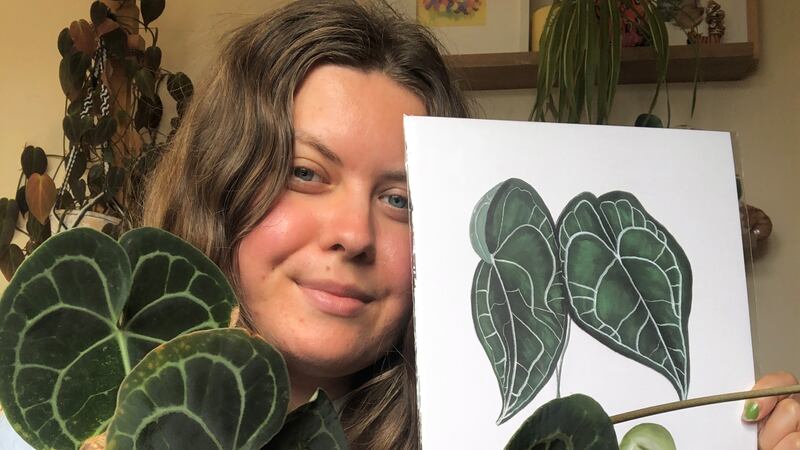QUESTION: I inherited a property from my dad and I've been letting it out ever since he died. I now want to give it away to my son and his wife. Will there be any capital gains tax and how do I calculate it?
ANSWER: If you decide to give a property away, the capital gain you’ll be taxed on is based on the current market value of the property. For a property you inherit, the starting point is the market value at the time the donor died, ie the date you inherited the property. Any increase in the value of the property will be taxed on you under normal capital gains tax rules.
Firstly, if you were to gift the property to your son and his wife then capital gains tax (CGT), which you will pay, will be based on the difference between the value of the property at the time you inherited it and the value at the time of the transfer to your son and his wife.
But there are exemptions and reliefs that you can use to reduce the capital gains tax you may have to pay. Each individual has an annual exemption and for tax year 2015/16 the annual allowance is £11,100 so any gain on the property up to this amount would be tax free.
CGT is then charged at either 18 per cent or 28 per cent depending on whether you are a basic or higher rate taxpayer. It could well be a combination of both rates if your gain pushes you into a higher tax bracket.
The tax will be due by January 31 following the tax year in which the property is gifted. So if you gifted it now, the tax would be due on January 31 2017.
On inheritance tax, most gifts you make to other people during your lifetime are classified as potentially exempt transfers. If you survive for more than seven years after making the gift, no inheritance tax would be due on the gift to your son and his wife. However, if you die within the seven years of the gift, two things happen.
Firstly, the potentially exempt transfer is reassessed and added to any other taxable gifts. If tax does become due on the transfer, the person who received the gift will be asked the pay the tax. However, the tax due may be reduced because of taper relief which reduces the tax amount if the person dies between three and seven years after making the gift.
The second thing to happen if you die within seven years of making the gift is that the transfer is added to your estate to work out how much tax is due on the estate. If the seven year running total of potentially exempt transfers, chargeable gifts and your estate comes to less than the unused tax free allowance, no tax will be due.
However, if much of the tax free allowance has been used up against potentially exempt transfer and taxable lifetime gifts, this can leave little or no allowance to be used against the rest of the estate. The tax free allowance is currently £325,000.
There should be no stamp duty land tax (SDLT) payable on the transfer as the property is gifted. However, if the property is mortgaged and the purchaser takes this on, then SDLT will be due based on the normal thresholds.
Feargal McCormack (f.mccormack@pkffpm.com) is managing partner of PKF-FPM (pkffpm. com). The advice in this column is specific to the facts surrounding the question posed. Neither the Irish News nor the contributors accept any liability for any direct or indirect loss arising from any reliance placed on replies.








